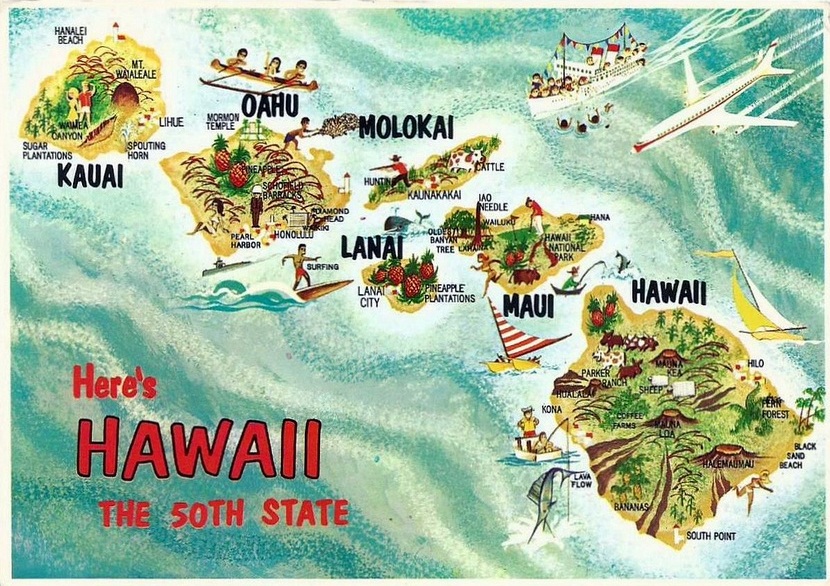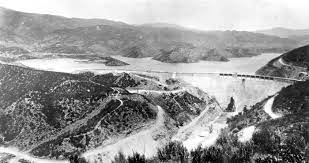In 1959, the United States experienced a significant moment in its history with the addition of Hawaii as its 50th state. The year marked the culmination of a long journey for Hawaii towards statehood, and it had profound implications for both the island itself and the United States as a whole.
Hawaii's path to statehood began many years before 1959. The islands were first discovered by European explorers in the late 18th century and became a popular destination for traders and whalers. In the 19th century, American missionaries arrived in Hawaii, bringing with them their culture, religion, and influence. Over time, American business interests grew in the islands, particularly in the sugar industry, leading to increased American involvement in Hawaiian affairs.
In 1893, a group of American businessmen, supported by U.S. military forces, overthrew the Hawaiian monarchy in a controversial coup. The islands were then annexed by the United States in 1898, becoming a U.S. territory. For several decades, Hawaii remained a territory, with limited self-governance and representation in the U.S. Congress.
The push for statehood gained momentum in the mid-20th century. Hawaii's strategic location in the Pacific, particularly after the attack on Pearl Harbor during World War II, made it an even more valuable asset to the United States. The islands also experienced significant economic growth, with a booming tourism industry and military presence.
In 1959, after years of lobbying and political maneuvering, Hawaii was finally admitted as the 50th state of the United States. On August 21, President Dwight D. Eisenhower signed the Hawaii Admission Act, which designated Hawaii as a state and granted it full representation in Congress. On August 24, Hawaii held a referendum, in which over 90% of voters supported statehood.
The addition of Hawaii as a state had profound implications for both the island and the United States. For Hawaii, statehood brought increased federal funding, infrastructure development, and expanded political representation. It also solidified Hawaii's identity as an integral part of the United States and provided a platform for the preservation and promotion of Hawaiian culture and heritage.
For the United States, Hawaii's statehood had strategic and economic benefits. The islands' location in the Pacific made them a vital military outpost during the Cold War and beyond. Additionally, Hawaii's tourism industry continued to thrive, attracting visitors from around the world and contributing to the U.S. economy.
Hawaii's statehood also had important implications for the political landscape of the United States. The addition of Hawaii as a state brought diversity to Congress, with the state electing its first representatives and senators. Hawaii's multicultural population and unique cultural heritage added a new dimension to the American story, enriching the country's cultural fabric.






